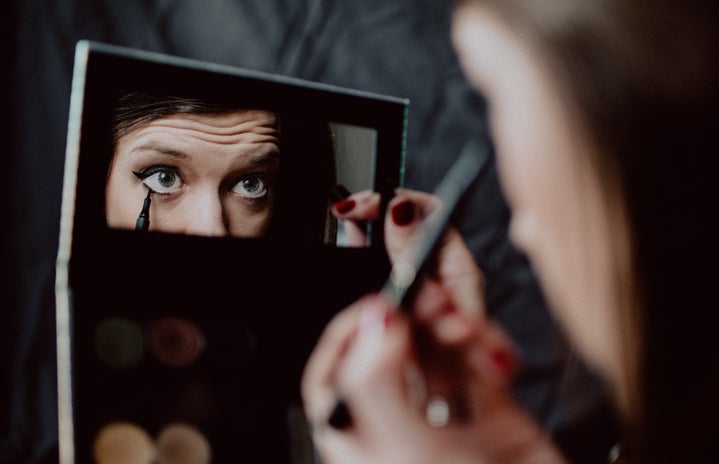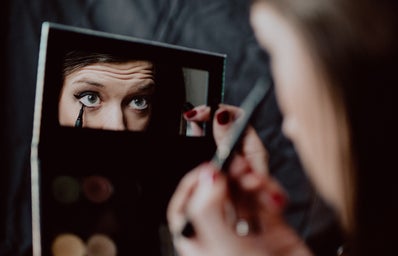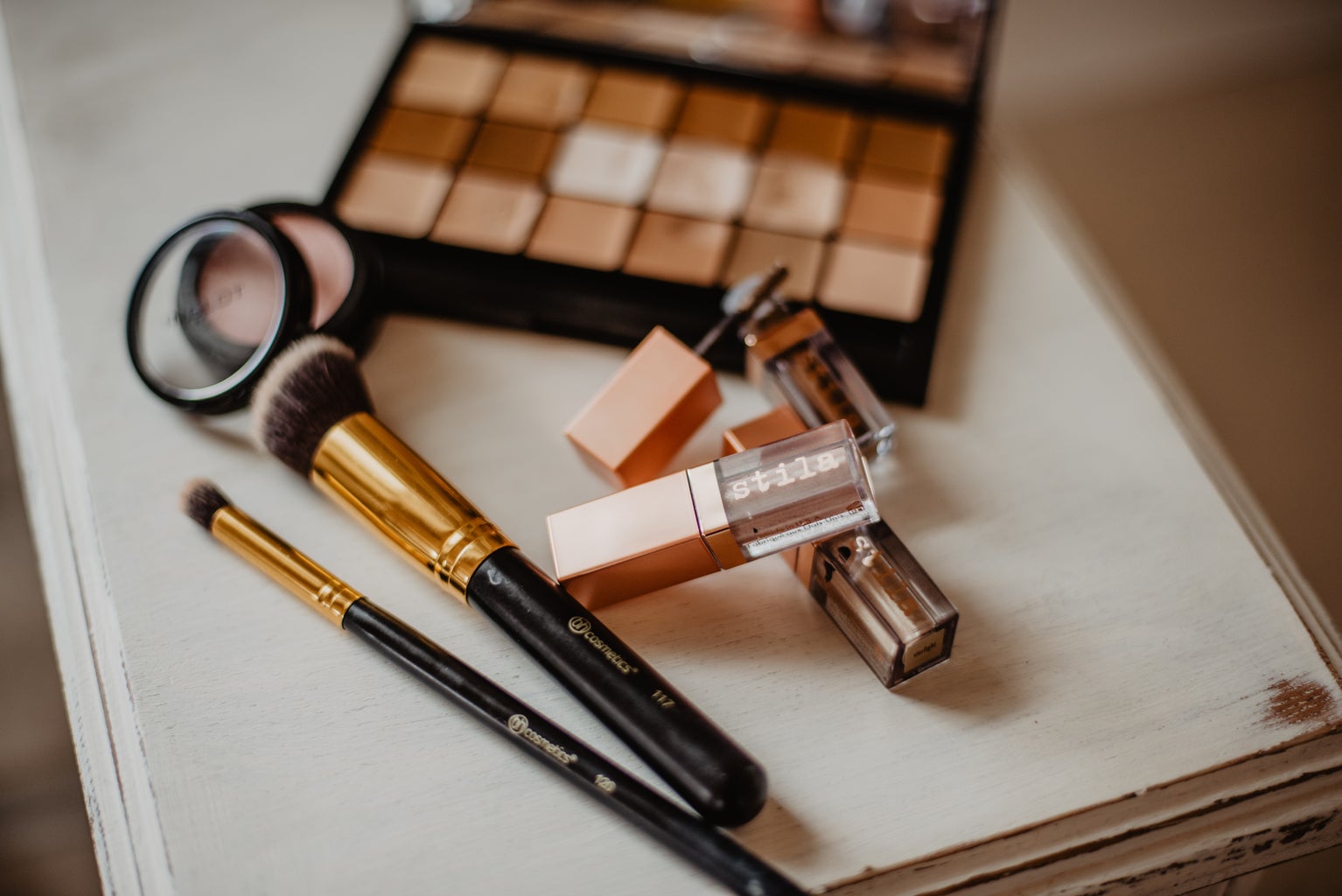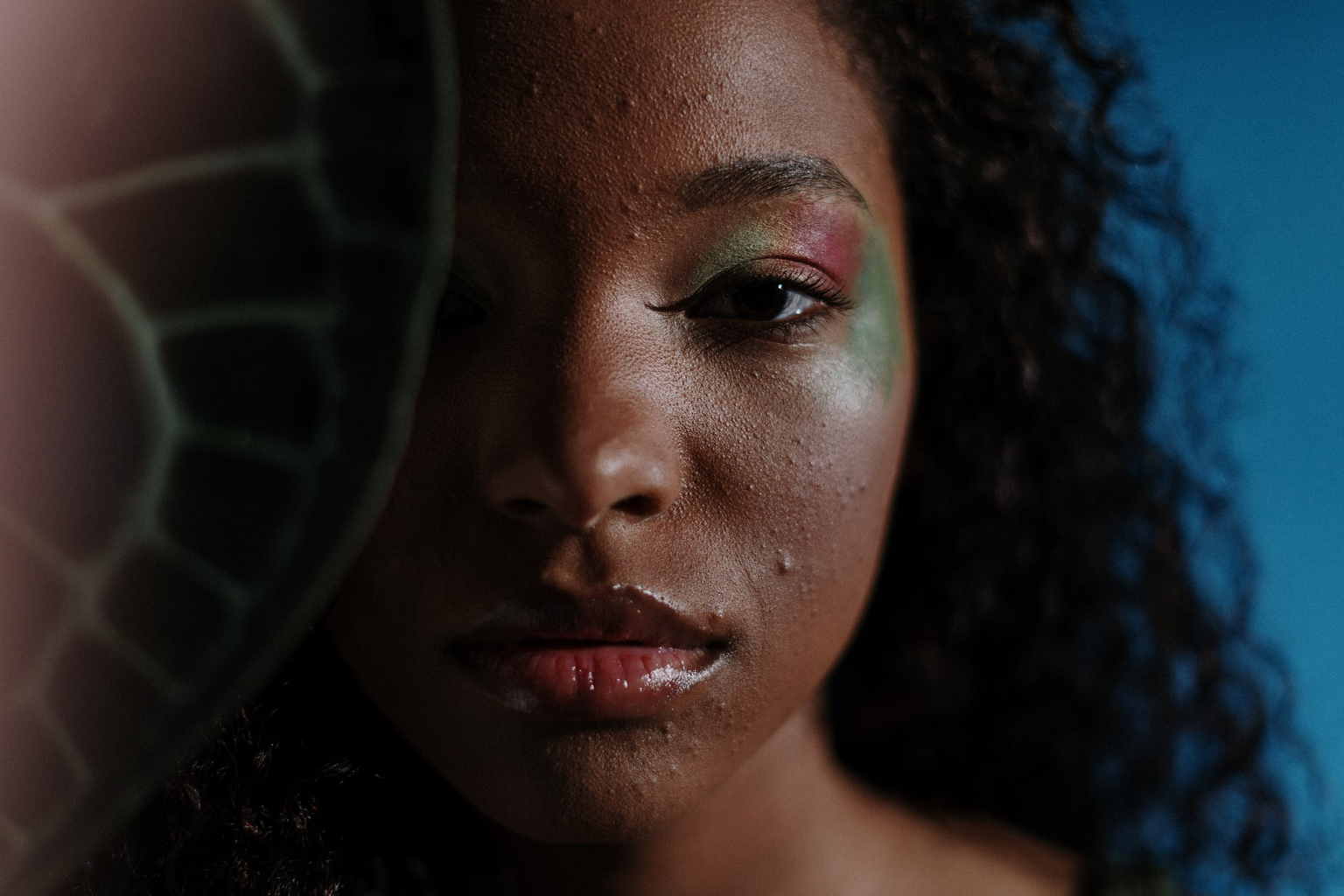Growing up, I was kind of a tomboy and I felt resistant to anything too “girly,” especially makeup. While a lot of my friends in middle school started experimenting with eyebrow pencils and lip gloss, I didn’t start wearing makeup until freshman year of high school, and even then, I kept things pretty minimal.
Honestly, I can’t pinpoint the exact feelings I had that compelled me to start wearing makeup. I just know that it made me feel good about myself—until it didn’t. Getting into makeup brought a host of new insecurities into my life.
In high school, I kept my look pretty simple, mostly because I didn’t have the skills to create any complicated looks. I would buy eyebrow pencils, mascara and maybe some lipstick or lip gloss. But, I started worrying that my makeup looked too plain or too tacky compared to other people at my high school. I thought doing more would help, but I still hated the way I looked in selfies and I would just get frustrated over trivial things, like my eyeliner being a little crooked.
At the same time, I felt averse to wearing excessive amounts of makeup. I thought people would find it weird if I suddenly changed up my style and looked really different. I thought they would think that I was trying too hard, that I had something I wanted to hide or that I craved attention. Makeup felt like a complicated performance. I had to put in enough effort to look the part but not too much or else I’d look like a desperate try-hard.
But as I grew older, I realized that the opinions of others are quite trivial, especially when you have people who speak positivity into your life. My high school best friends were always so kind and encouraging when it came to makeup, self-image and body positivity. I was especially inspired by friends who committed to stop wearing foundation to just embrace their skin as it was. I realized that makeup isn’t a mask for hiding flaws or a toolkit for fixing mistakes. Makeup serves a similar function to tattoos, hair dyes and stylish outfits: it’s another form of self-expression.
What also helped me overcome my insecurities was remembering that there’s more to life than obsessing over my appearance. At the end of the day, I didn’t want to be some makeup guru. I just wanted to enjoy makeup as a casual accessory, as a non-essential for my daily look, and I found contentment with that.
Makeup makes me feel good because I wear it for myself more than for anyone else. Maybe you wear heavy amounts of makeup or maybe you just fill in your eyebrows in the morning. I’m here to tell you that both ends of the spectrum and everything in between are good and acceptable as long as you remember that makeup is meant to add to the beauty that’s already there.




